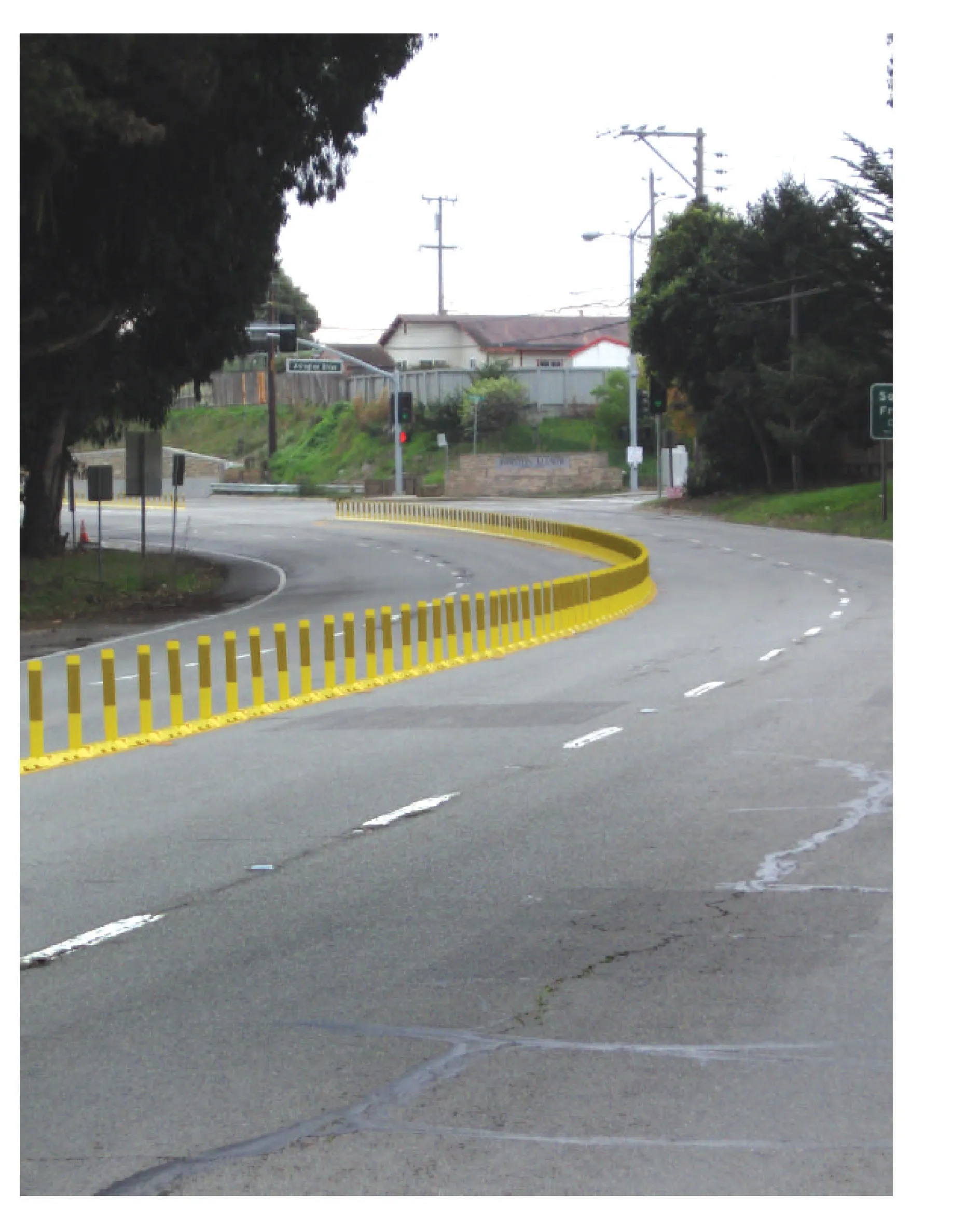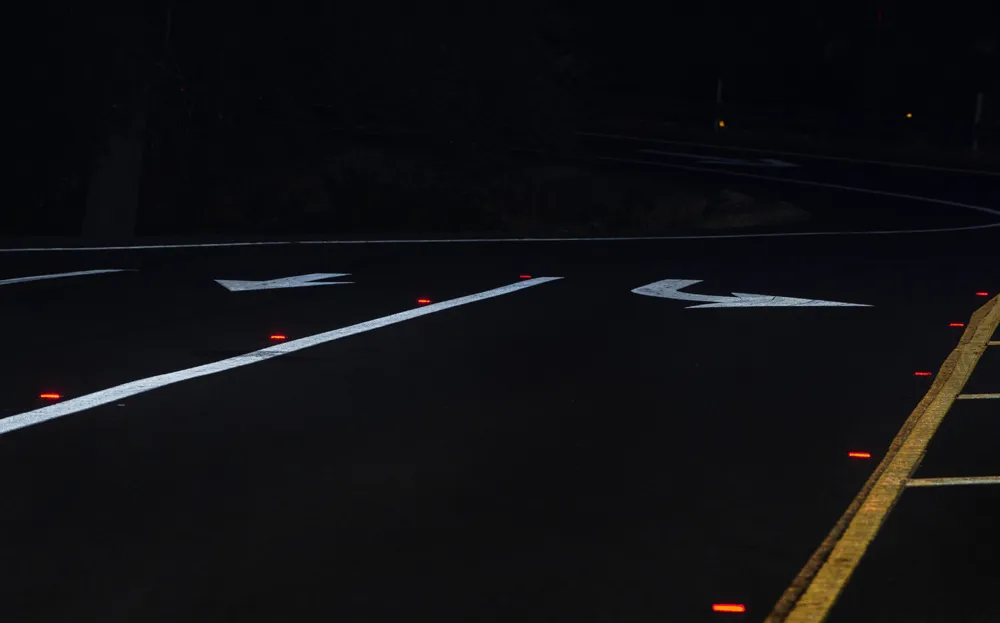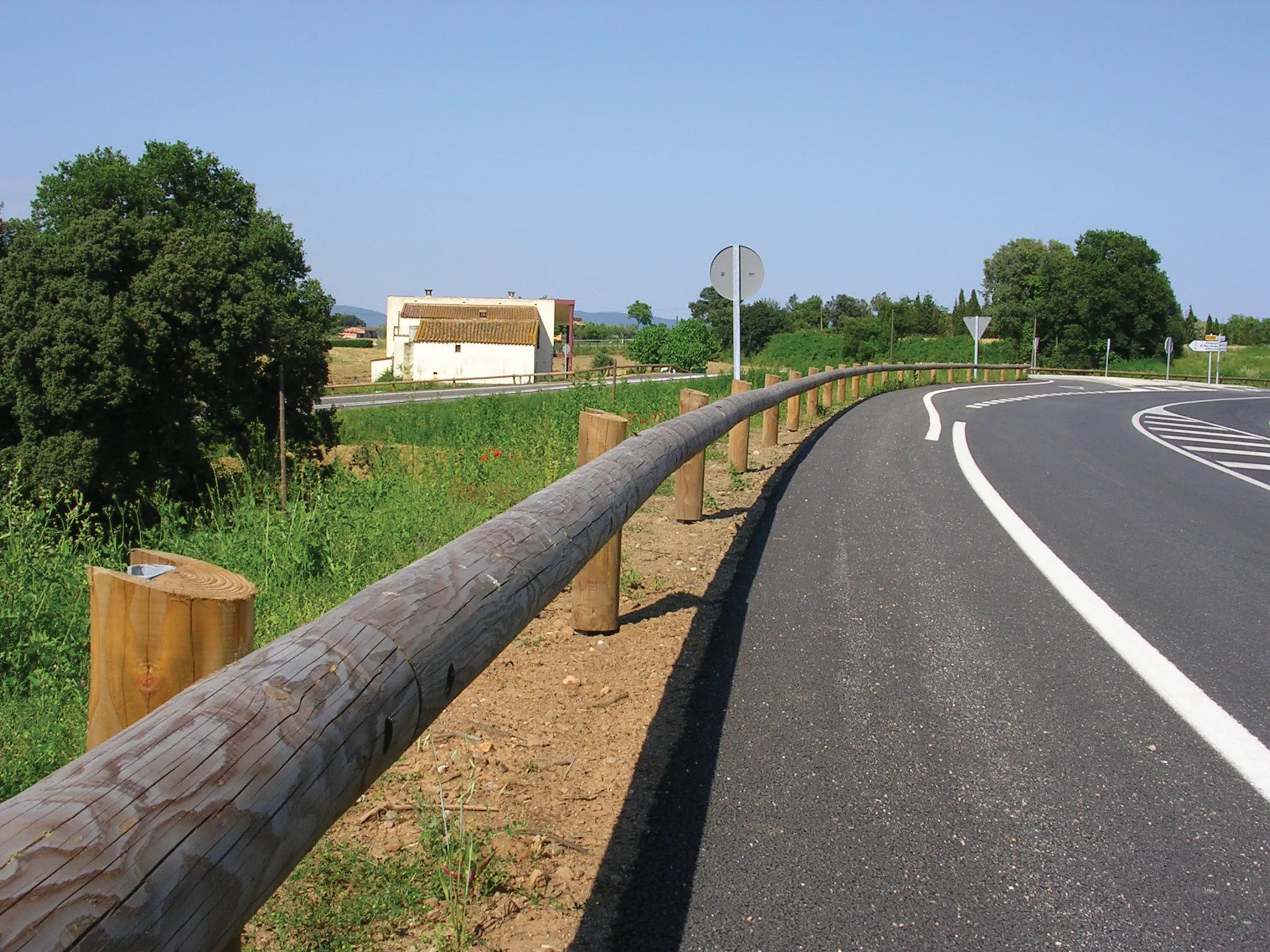California State Route 82 in the United States, a major urban arterial, is part of the historic El Camino Real or The King's Highway, connecting the communities of San Jose and San Francisco in northern California. Consisting of two to three lanes in each direction with a median, on level terrain and tangent alignment, the route between Hickey Boulevard in Colma and Mission Road in south San Francisco carries 17,400 vehicles/day
February 23, 2012
Read time: 2 mins

California State Route 82 in the United States, a major urban arterial, is part of the historic El Camino Real or The King's Highway, connecting the communities of San Jose and San Francisco in northern California.
Consisting of two to three lanes in each direction with a median, on level terrain and tangent alignment, the route between Hickey Boulevard in Colma and Mission Road in south San Francisco carries 17,400 vehicles/day and consists of two lanes in each direction with a 30.5cm wide double yellow stripe.
2451 California Department of Transportation (Caltrans) accident data revealed that in the five-year period from September 1998 to September 2003, 20 out of a total 68 accidents on the highway were cross centreline accidents: five resulted in injuries and one in a fatality.
Widening the highway would have been very costly and the project would have taken years to develop, so to reduce accidents on this stretch, Caltrans initiated a project to install 793m of raised curb separators along the centreline using the Davidson FG 300 Interstate Grade Curb System from Filtrona Extrusion (2299 DAVIDSON Traffic Control Products is part of Filtrona Extrusion, a global manufacturer of plastic products whose product line Type I, II and III barricades, curb system lane separators, work zone pavement markers, flexible delineator posts, and reflectors for barrier walls and guardrails).
Roland Au-Yeung , district traffic engineer with Caltrans in Oakland, California, said: "The raised separator provides a very visible delineation of the centreline, which we believe will reduce cross-over type accidents. The installation of the raised separator system was a quick and cost effective way to reduce such accidents for this location."
Caltrans has field reviewed the location after the installation and is "very pleased" with the improvement.
The FG 300 Interstate Grade Curb System is a raised median separator that features flexible, tubular upright posts manufactured using a design and a special polyurethane chemistry, and has been impact tested and NCHRP 350 accepted by the2410 Federal Highway Administration (FHWA) for use on US highways.
Consisting of two to three lanes in each direction with a median, on level terrain and tangent alignment, the route between Hickey Boulevard in Colma and Mission Road in south San Francisco carries 17,400 vehicles/day and consists of two lanes in each direction with a 30.5cm wide double yellow stripe.
Widening the highway would have been very costly and the project would have taken years to develop, so to reduce accidents on this stretch, Caltrans initiated a project to install 793m of raised curb separators along the centreline using the Davidson FG 300 Interstate Grade Curb System from Filtrona Extrusion (
Roland Au-Yeung , district traffic engineer with Caltrans in Oakland, California, said: "The raised separator provides a very visible delineation of the centreline, which we believe will reduce cross-over type accidents. The installation of the raised separator system was a quick and cost effective way to reduce such accidents for this location."
Caltrans has field reviewed the location after the installation and is "very pleased" with the improvement.
The FG 300 Interstate Grade Curb System is a raised median separator that features flexible, tubular upright posts manufactured using a design and a special polyurethane chemistry, and has been impact tested and NCHRP 350 accepted by the







